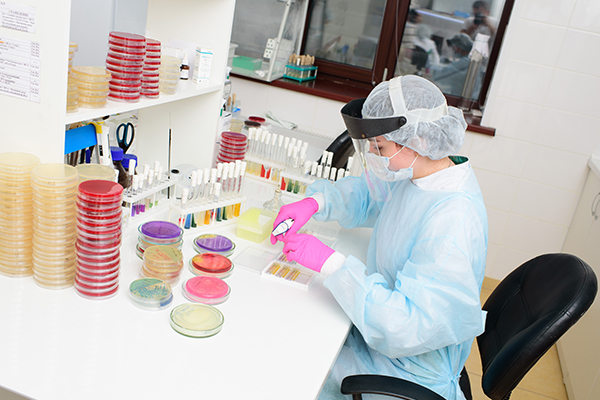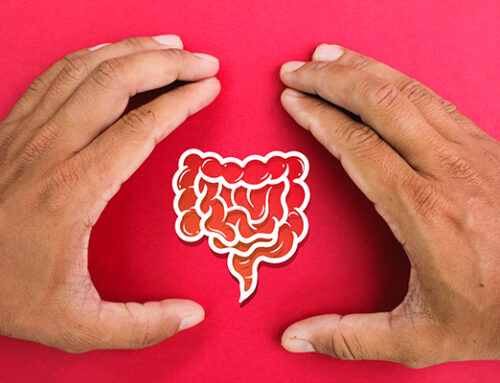 The human intestinal microbiota is a set of microorganisms that inhabit the gastrointestinal tract and have a symbiotic relationship with the host. These are involved in the regulation of many host metabolic pathways and are related to the host’s immune and neurological responses. Probiotic beneficial bacteria and their mechanisms have been extensively studied. However, the health effects of its metabolites or structural components, such as functional ingredients on health have been less explored. Postbiotics can be classified as structural, such as peptides, teichoic acids and plasmalogens. They can also be classified; as well as the metabolites generated by the microbiota; these are short chain fatty acids (SCFAs), vitamins and enzymes.
The human intestinal microbiota is a set of microorganisms that inhabit the gastrointestinal tract and have a symbiotic relationship with the host. These are involved in the regulation of many host metabolic pathways and are related to the host’s immune and neurological responses. Probiotic beneficial bacteria and their mechanisms have been extensively studied. However, the health effects of its metabolites or structural components, such as functional ingredients on health have been less explored. Postbiotics can be classified as structural, such as peptides, teichoic acids and plasmalogens. They can also be classified; as well as the metabolites generated by the microbiota; these are short chain fatty acids (SCFAs), vitamins and enzymes.
Studies with other types of postbiotics, mainly derived from Lactobacillus, have demonstrated their immunological effects by raising mucin levels and, promoting the development of claudin and occluding. They have also demonstrated decreasing several interleukins of immunological interest. Furthermore, recognized as possible functional ingredients compared to other biotics, they have a longer shelf life and an excellent potential to develop fermented products, being a very good alternative to generate foods with specific health effects. The objective of this review is to describe the characteristics and mechanisms of action of different postbiotics, as well as to present the benefits found in in vitro, clinical trials and in the food industry, proposing them as possible new functional ingredients.







